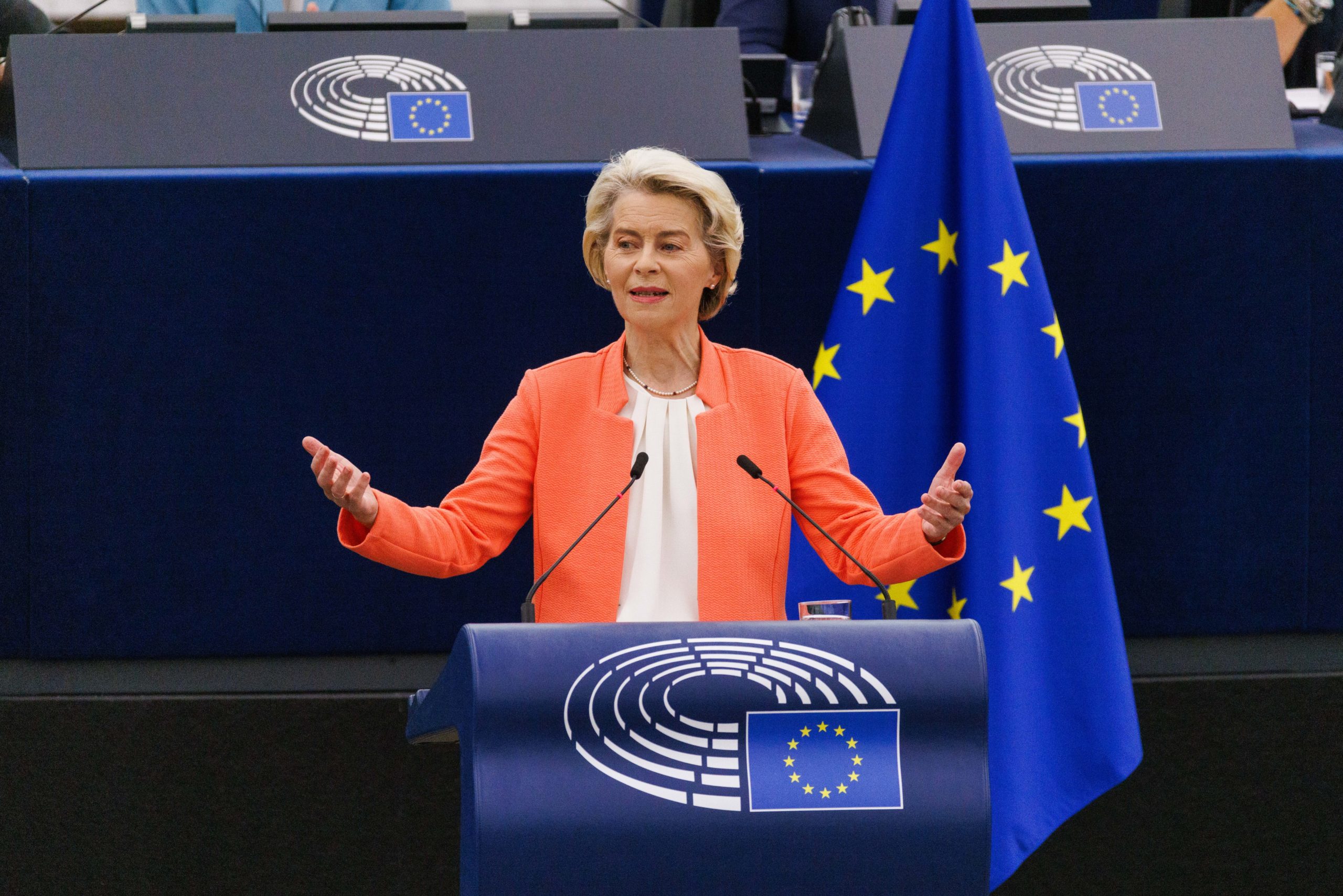
EU blows hot and cold in anti-subsidy investigation Chinese EVs

Ursula von der Leyen, President of the European Commission, warns in her ‘State of the Union’ Europe is to investigate China ‘subsidizing’ cheap electric cars for export /dpa
EU Commission President Ursula von der Leyen's statement on Wednesday that the EU is to launch an investigation into China's state support f


Comments
Ready to join the conversation?
You must be an active subscriber to leave a comment.
Subscribe Today